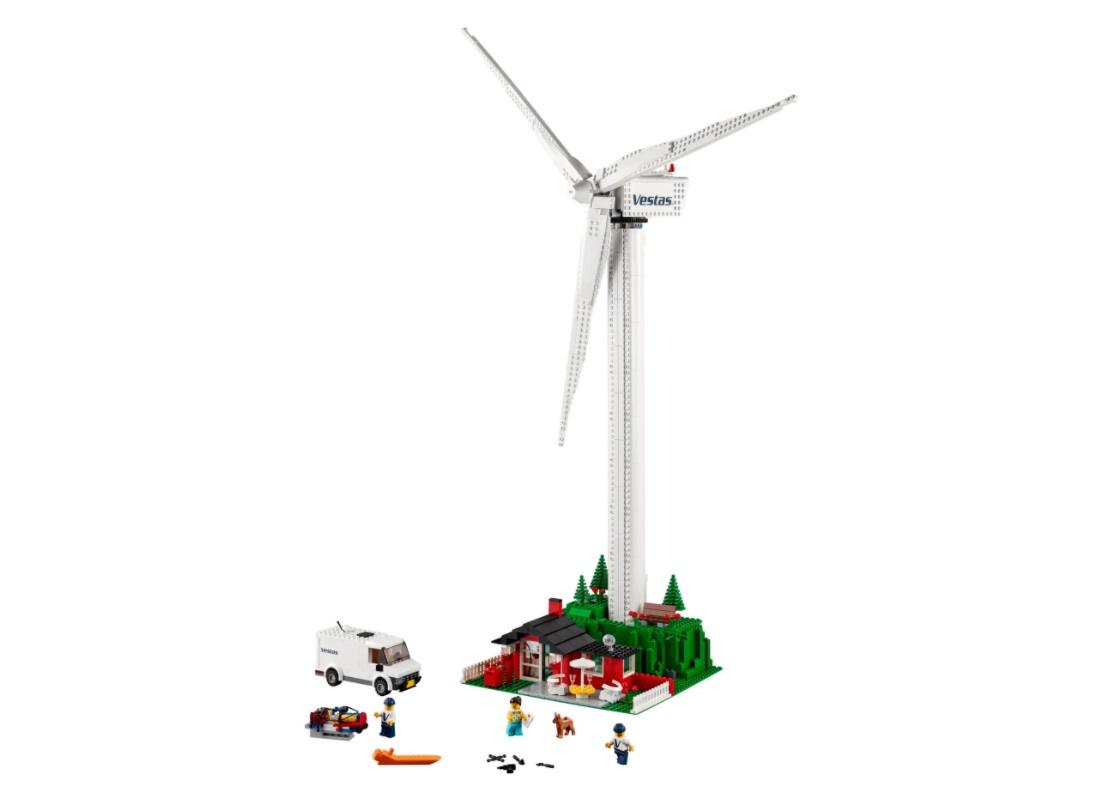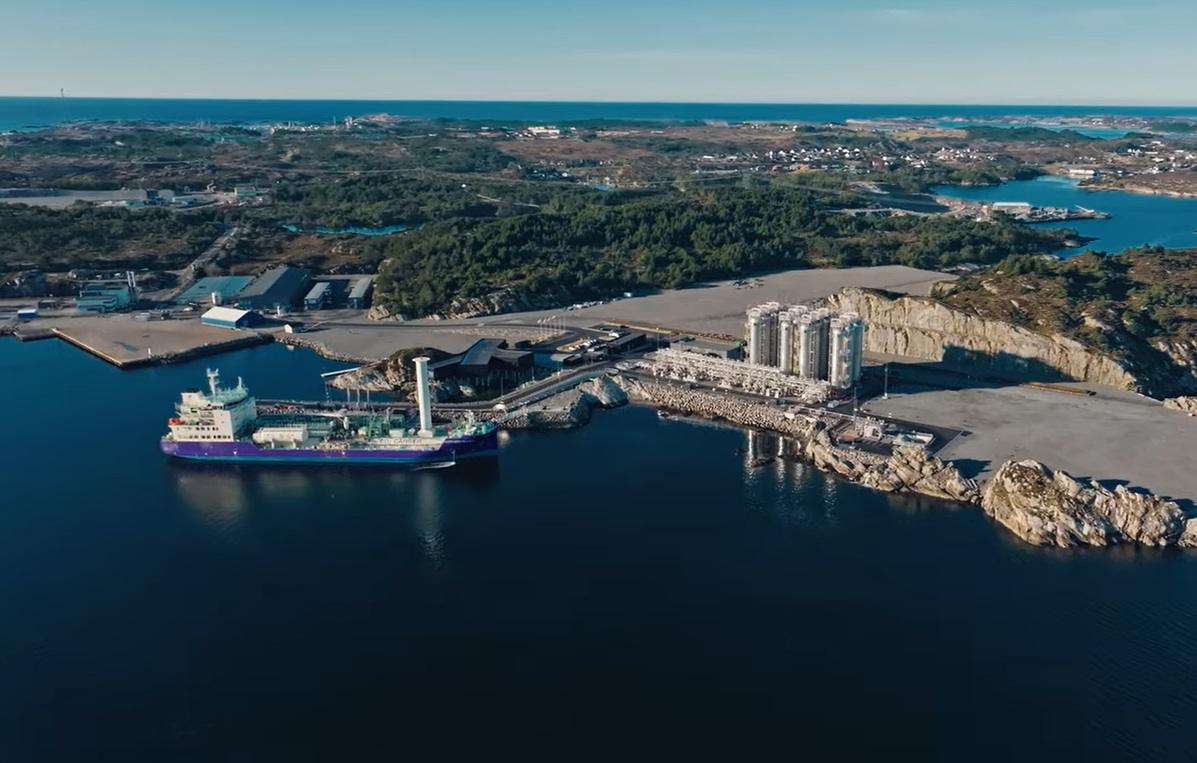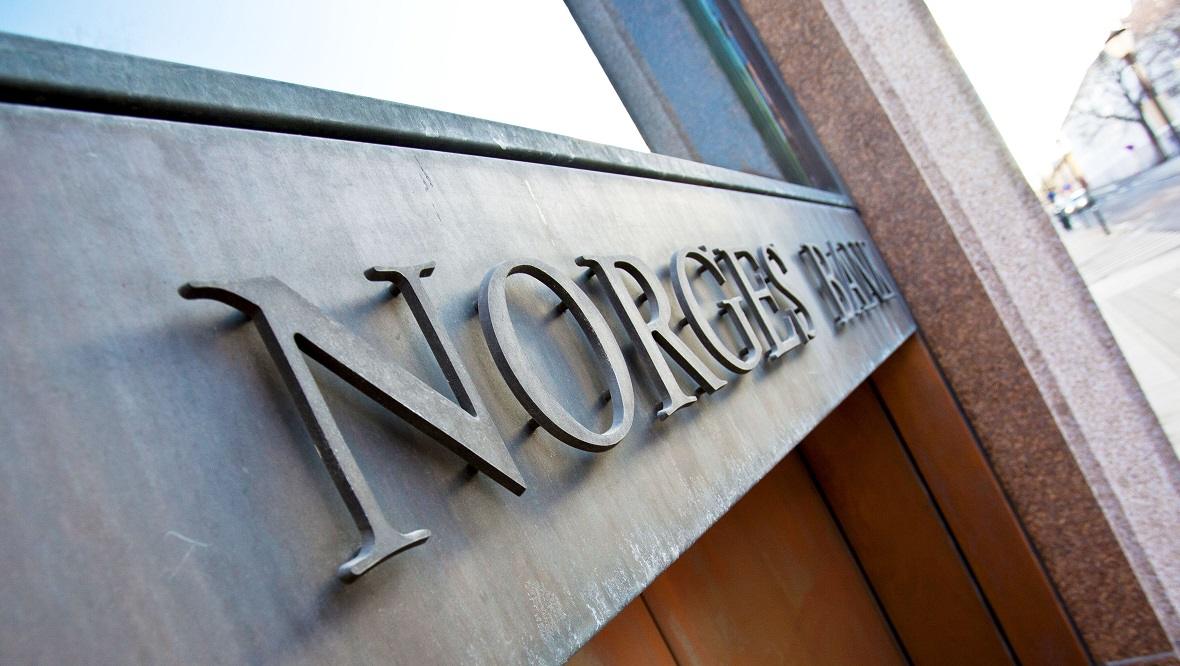LEGO Group Launches Climate Commitments, Approved by Science Based Targets Initiative
LEGO Group announced today a series of new commitments aimed at reducing the company’s carbon emissions by 37% by 2032. The company also stated that its new climate target has been approved by the Science Based Targets initiative (SBTi), in line with the organization’s most stringent category of keeping global warming to below 1.5°C.
Tim Brooks, VP, Environmental Responsibility at LEGO Group, said:
“Climate change poses one of the biggest risks to society and the planet that our children will inherit. We are committed to building a better planet for future generations and that means stepping up efforts to reduce carbon emissions across our entire value chain.”
SBTi was formed as a collaboration between CDP, World Resources Institute (WRI), the World Wide Fund for Nature (WWF), and the United Nations Global Compact (UNGC), with the goal to establish science-based environmental target setting as a standard corporate practice. Achieving approval of targets by SBTi is a significant milestone for companies’ sustainability efforts.
Over 1,000 companies globally have pledged to align their decarbonization plans with the Paris Agreement by adopting science-based greenhouse gas reduction targets, and slightly over 500 companies have had their targets approved by SBTi. Only 360 have made commitments in line with the 1.5°C goal.
According to LEGO Group, 10% of the company’s emissions are generated from its own operations, derived from energy use in its factories, offices and stores, and 90% are produced from supply chain activities such as raw materials and distribution. LEGO Group’s new targets include both of these sources.
The company outlined some of the initiatives it will pursue in order to achieve its new climate goals, including investing in sustainable materials research to reduce the carbon footprint of products and packaging; increasing energy efficiency; expanding renewable energy production at factories and procuring 100% renewable energy across factories, offices and stores; increasing investment in renewable energy capacity in all regions where the business operates, with the aim of running carbon neutral operations by the end of 2022, and; designing offices and factories to the highest environmental standards. LEGO Group also stated that it will continue to work with suppliers in roder to reduce their own impact, through the ‘Engage-to-Reduce’ program, which the company initiated in 2014.
Brooks said:
“Businesses need to play a core role in the transition to a low-carbon economy. By setting ourselves an ambitious carbon reduction target, we’ll not only continue to improve our carbon efficiency but will invest in driving innovation and energy efficiency across our whole value chain. We want to ensure we are not just doing better but are holding ourselves accountable to doing our bit to protect children and the planet from the risks of global warming.”
In addition to its new emissions reduction goals, the LEGO Group recently announced the launch of a $400 million investment over three years aimed at accelerating its sustainability efforts, with funds targeted to drive meaningful impact aligned United Nations Sustainable Development Goals (SDGs) #4 (Quality Education) and #12 (Responsible Consumption and Production). As part of this investment, the company stated that it will continue to inspire and join forces with children, parents, employees, and partners around the world to act on climate issues.
Brooks added:
“We know we can’t move the dial on global warming alone which is why we are committed to continuing to work with our suppliers, partners, children, employees and fans to have a positive impact on the planet and inspire the children of today to become the builders of a more sustainable tomorrow.”






